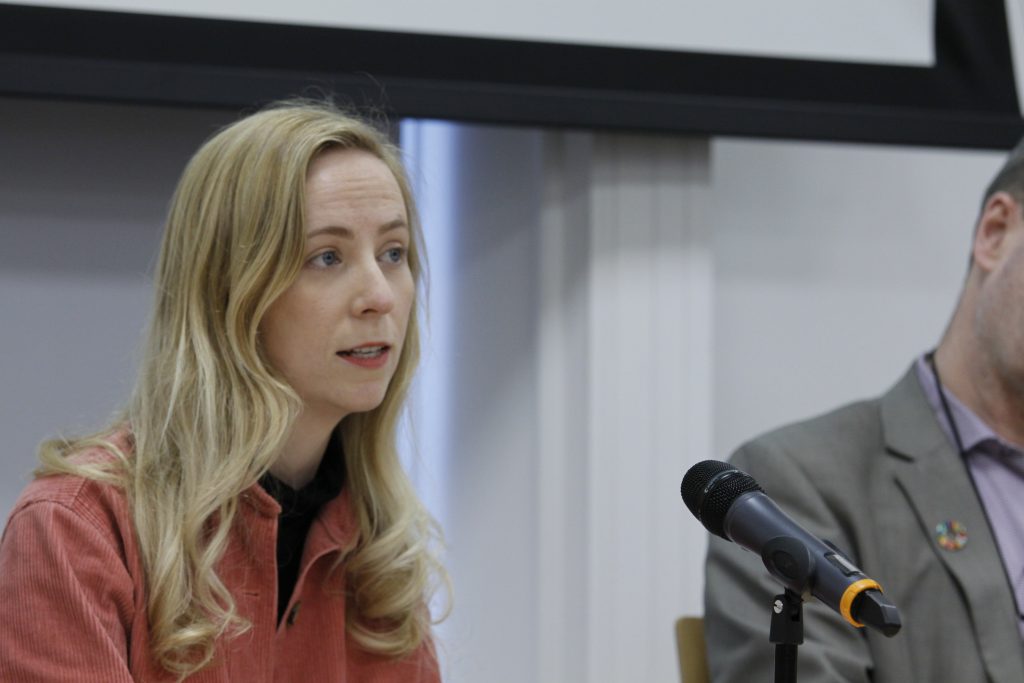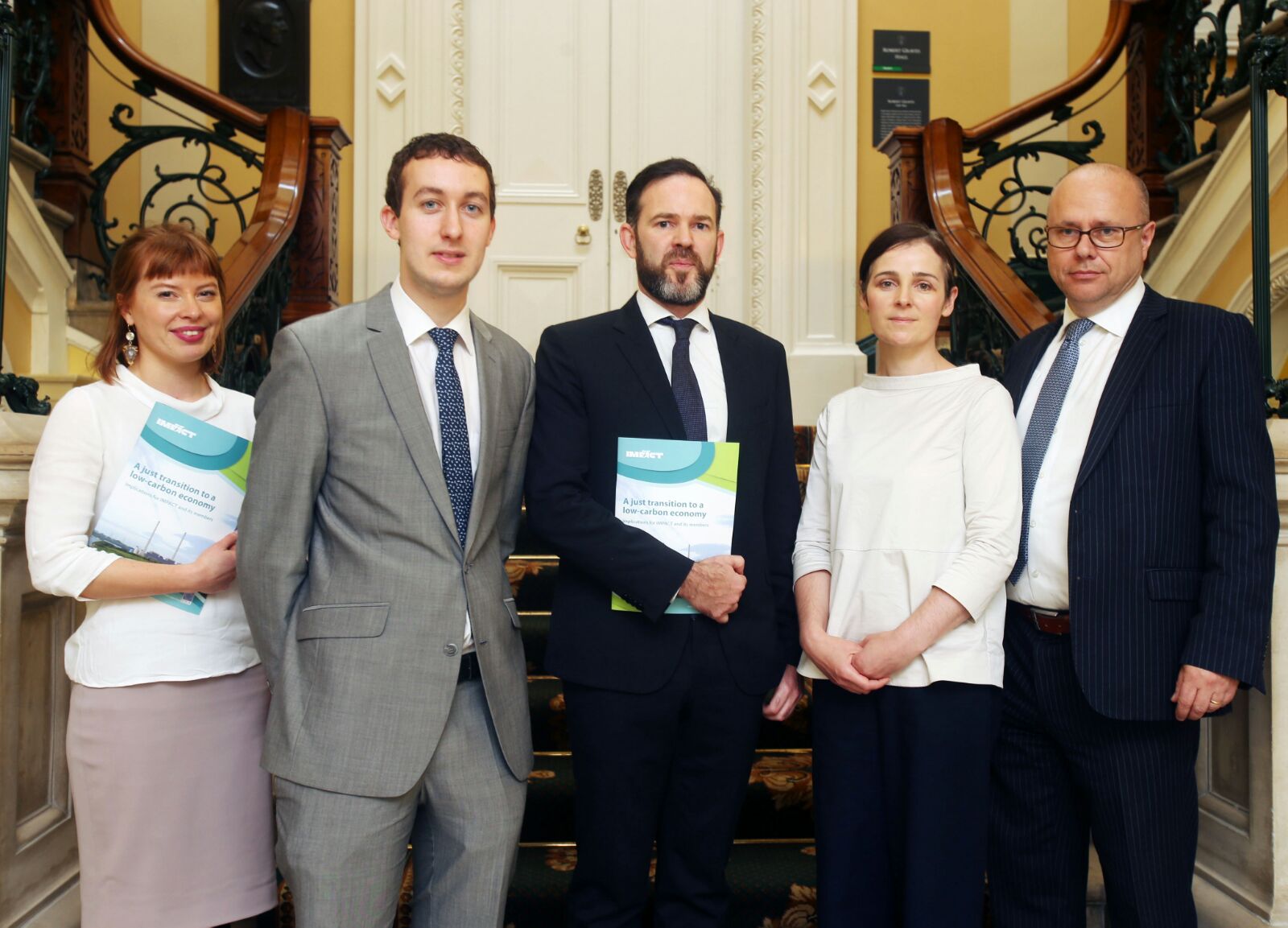Divestment from Colombian coal would send ‘powerful’ human rights message

July 4th, 2019
Divesting from the ESB’s coal supplier in Colombia on human rights grounds would send a strong international and regional message, a Stop Blood Coal coalition spokesperson has said.
Speaking yesterday at a briefing in the Dáil, Clodagh Daly of the coalition said that a humans rights-led Irish divestment from the Cerrejón mine in Colombia would be “powerful” and send a signal to Europe, which is the biggest consumer of the its coal.
The mine is one of the largest open-pit coal mines in the world and is based in La Guajira, one of the poorest regions of the country. It produces and exports over 30 million tonnes of coal a year.
The majority of coal imported to Ireland from Colombia is purchased through a Dublin-based Coal Marketing Company (CMC). Over 60 per cent of coal imports for burning at ESB’s Moneypoint power station is mined in Cerrejón.
Multiple Colombian and international human rights and environmental organizations, as well as academics, have accused the mine of links to human rights abuses, including intimidation, assault and death threats against activists.
By continuing to purchase Cerrejón coal, Sian Cowman of the Latin American Solidarity Centre (LASC) said earlier this year that Ireland is complicit in the “documented human rights violations inflicted on local communities by the Cerrejón mine.”
The mine has previously expressed concerns over threats to social leaders in Colombia, a situation that they “resoundingly reject and one that greatly alarms us.”

In a statement, the ESB said that it is also aware of problems reported in the media and by other organizations in previous years and that it will “remain vigilant to the issues raised.”
Speaking to The Green News in February, the utility said it would track these issues in the context of an assessment process undertaken by Bettercoal – an international alliance of major coal-buyers to establish globally responsible coal supply chains – as part of its “commitment to use responsibly source coal.”
That same month, indigenous and afro-descendent communities in the state of La Guajira launched a legal challenge against a recent modification of the environmental license for the mine.
The lawsuit filed in February by affected communities argues that the alteration to the license was carried out without assessing the environmental impact. The plaintiffs are also seeking an injunction to suspend any further alteration of the license that would allow an expansion of mining activities.
The inadequacy of Cerrejón’s environmental license amount to “a breach of constitutional law, the State’s international treaties, and statutory regulations,” according to Alirio Uribe Munoz, a legal representative from the Jose Alvear Restrepo Lawyers’ Collective Corporation.
Expanding the mine, the legal team said, would exacerbate the current humanitarian crisis in La Guajira caused by the mine, including a loss of food security and lack of access to water that has influenced the deaths of 5,000 children and malnutrition of 40,000.
[x_author title=”About the Author”]






